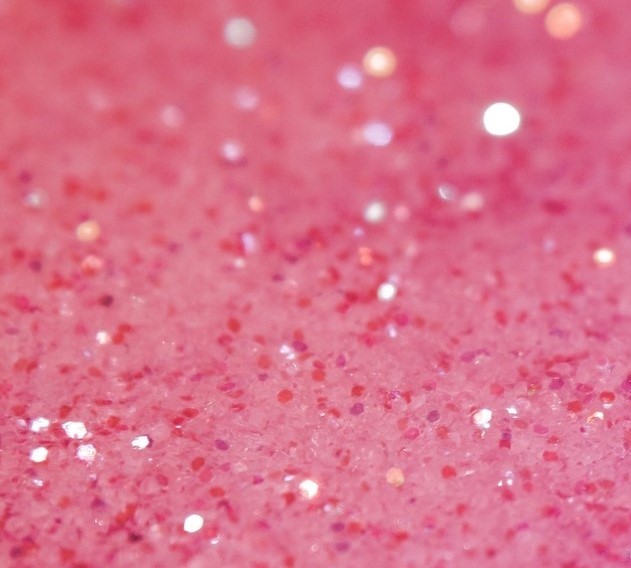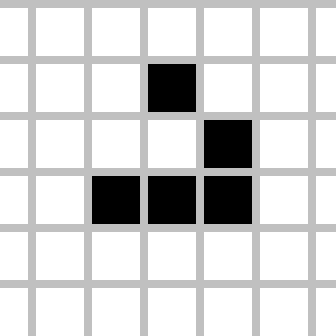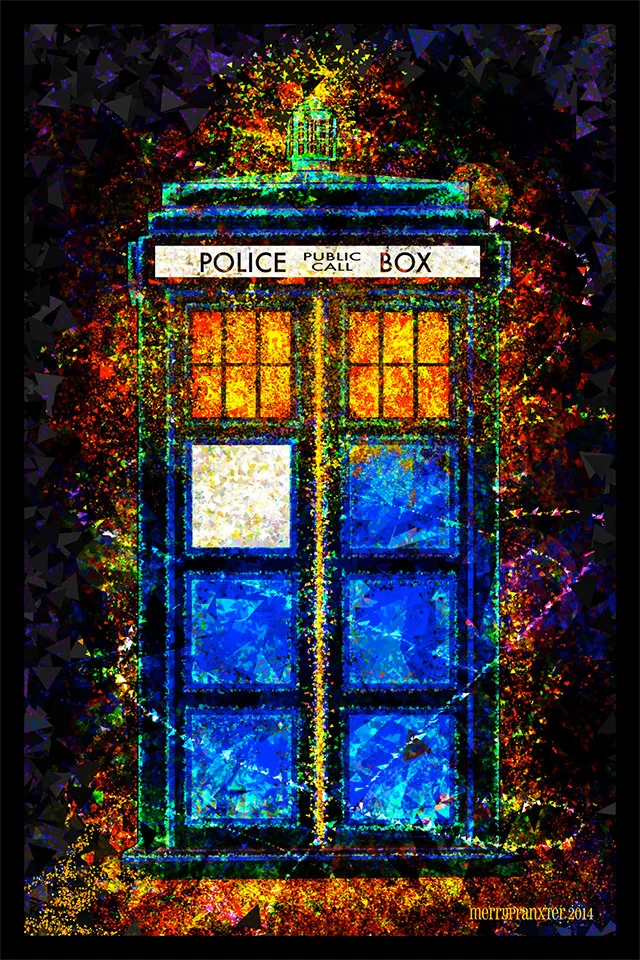I would choose Mars, mostly because of all the plans that we have for it. Imagine having people actually living there, it sounds insane!
Earth. It has this amazing self replicating stuff on it that seems to locally reverse entropy for a while using a system of absorbing energy from the sun. The stuff appears in a wide variety of forms and moves about and stuff. Haven’t seen anything else like it in the universe. It’s weird.
Plus, most of my stuff is there.
Jupiter! It protects us from asteroids and makes such a beautiful sound
https://www.youtube.com/watch?v=B9PR-n8_ueAoh wow i didn’t know that it protects us from asteroids. the sound is hauntingly beautiful
Mars. Simple, it’s the closest and best candidate for exploration (and hopefully more!) in my lifetime.
There is so much to love about Mars. I would also like to add that its absolutely gorgeous from orbit AND the surface. Sure Jupiter looks great from Orbit, but I doubt we will ever take a cool photo from deep in the atmosphere. Its also distinct from the other planets when viewed with the naked eye from earth because of its very notable red tint.
i feel the same way!
Saturn and to get more specific, it’s moons. Enceladus for example has been confirmed to have water on it (or technically inside of it) and the idea that there is a subterranean alien culture that’s hiding us is crazy, but plausible.
Plus, dem rings though.
Enceladus is wild. It has heat from tidal forces and likely has deep sea hydrothermal vents, which is a predominate theory for how life started on Earth. Probes have also detected traces of life supporting elements such as carbon, hydrogen, nitrogen, sulfur, oxygen, and recently phosphorus.
I can think of one.
haha nice…
Uranus.
I think it’s the prettiest planet. I love how it’s sideways.Earth. Wouldn’t want to live anywhere else because all my friends and family are here.
I once viewed Neptune through a 60" telescope and the color was incredible. It was like a morpho butterfly 🦋 crossing a sunbeam in a dark forest.
Can we choose no planet? I’m rather fond of the asteroids.
i hope i won’t have to meet any of them in my lifetime haha
Well, Earth is where I keep all my stuff, but there are some shiny rocks on Mars.
Apart from Earth, Venus. Recently starting watching loads of content about Venus, and I just find it so fascinating how despite having 90% the gravity and 95% the radius it is so different to Earth. It makes me really wonder about habitability, and how lucky it is how things are. I almost feel sad that Venus is the way that it is, and that’s why it’s so interesting.
I’m hoping we find out a lot more about Venus in our lifetimes.
Agreed. We know so little about Venus compared to Mars despite it being slightly closer to us. That whole drama with the phosphene gas a few years back really revealed how much there is to learn there.
I also love that one of the serious ways scientists have proposed for colonizing Venus is to build cities that float in its clouds at the altitude where the atmospheric pressure / temperature are roughly the same as Earth’s. It’s simultaneously batshit insane and hoplessly romantic.
My favorite planet is Jupyter. Jupyter and his moons are a wonderful sight to see with a telescope (same for Saturn).
Earth, because I live here. Runner up is Venus, though. I think it’s a more viable (but still incredibly hard) solution for permanent colonization as it has similar gravity and size to Earth and a more substantial atmosphere. Like Mars, it would need incredibly massive reworking to create permanent settlements, but I think that will be somewhat “easier” to do on a planet with similar gravity.
Also, floating cities are rad!
Mine’s the sun!
hahahaha
















